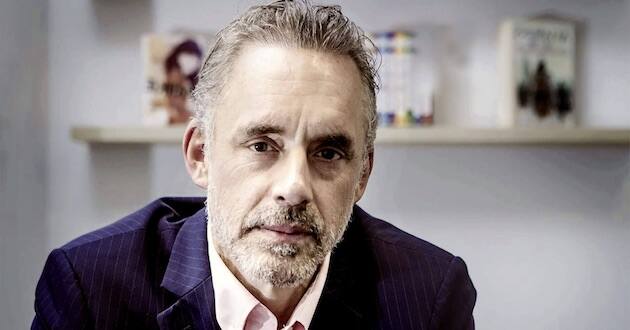Psychologist and author Jordan Peterson moving closer toward Christianity

Dr. Jordan Peterson, the hugely popular Canadian clinical psychologist who promotes personal responsibility and opposes political correctness, could be changing his attitude toward Christianity.
For years, the best-selling author was asked if he believes in the existence of God, he responded: “I act as if God exists, and I’m terrified that he might.” Peterson has publicly contended with matters of faith on several occasions, often describing himself as “a deeply religious person,” though he’s never confessed faith in God.
He said in 2019 he’s “not willing to place myself conveniently in a box” of believing one man — namely, Jesus — to be the savior. After having disappeared for a while as a result of personal mental health struggles, an autoimmune disorder and an addiction to benzodiazepines, Peterson has re-emerged with a new book, “Beyond Order: 12 More Rules for Life,” a follow-up to his best-selling 2018 work, “12 Rules for Life: An Antidote to Chaos.”
In a recent interview, Peterson revealed an openness to Jesus with a vulnerability unlike his past comments about faith and Christianity, which he references frequently in his writing.
READ: Cancel culture forces halt to Peterson film
“The difference — and C.S. Lewis pointed this out as well — between those mythological gods and Christ was that there’s a historical representation of his existence as well,” Peterson said. “So what you have in the figure of Christ is an actual person who actually lived plus a myth, and, in some sense, Christ is the union of those two things.
“The problem is I probably believe that, but I’m amazed at my own belief, and I don’t understand it. Because I’ve seen, sometimes, the objective world and the narrative world touch — you know, that’s union synchronicity. And I’ve seen that many times in my own life and so, in some sense, I believe it’s undeniable.”
Peterson went on to explain that humans exist in what he called “a narrative sense of the world,” which, for him, has been “the world of morality” that “tells us how to act,” and it is “real” despite the fact that it is not “the objective world. But the narrative and the objective world touch And the ultimate example of that, in principle, is supposed to be Christ, and that seems to me to be oddly plausible. But I still don’t know what to make of it, partly because it’s too terrifying a reality to fully believe. I don’t even know what would happen to you if you fully believed it.”
Dwight Widaman | Metro Voice






